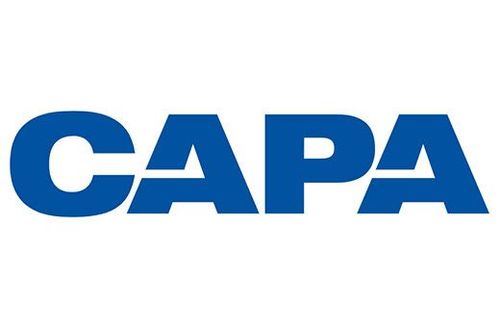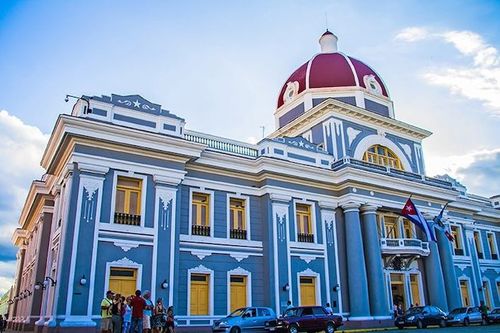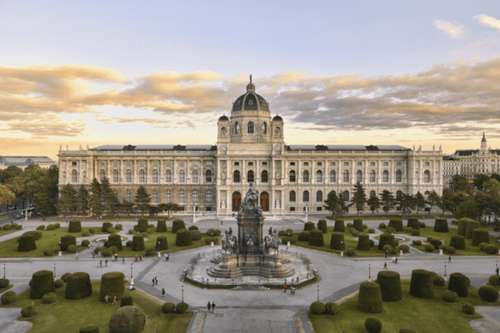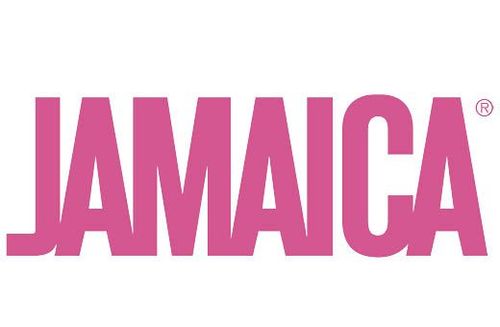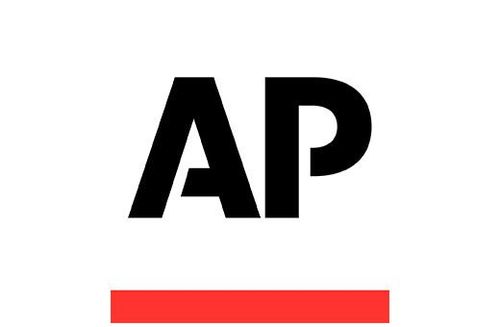Where travel agents earn, learn and save!
News / COVID-19 continues to wreak havoc on Canadian aviation
Canada's airlines continue the push for easing strict travel restrictions
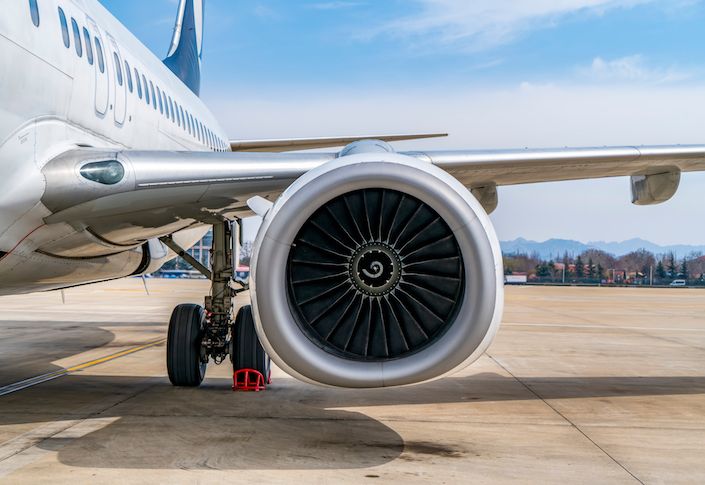
September 9 - Canada’s initial travel restrictions have been firmly in place since Mar-2020, and have created challenges for the country’s airlines, adding another obstacle for operators as they work to navigate deeply depressed demand.
Canadian operators have routinely pushed for the lifting of some restrictions, urging the country’s government to adopt a more science-based approach in managing travel during the COVID-19 crisis.
That work to persuade the government to adopt different tactics in managing COVID-19 has resulted in Canada’s two largest airlines aiming to conduct voluntary COVID-19 test trials for passengers; however, it is not clear if those efforts will be successful in changing the government’s stance on quarantine requirements.
As the travel restrictions remain in place, Canada’s airlines are also facing rising fees from the nation’s privatised air traffic services provider, Nav Canada. The increases are occurring as Canadian operators are working to slash costs and bump up weak revenues in order to whittle down cash burn.
Canada's airlines continue the push for easing strict travel restrictions
Canada’s travel restrictions related to COVID-19 have been in place since Mar-2020 and include: a blanket restriction on all foreign travellers; the closure of the Canada-US border; blanket quarantine rules; and interprovincial travel barriers. All travellers entering Canada, including Canadians, must quarantine for 14 days.
The country’s largest operators and other travel stakeholders have been lobbying the government to find a “responsible way to co-exist with COVID-19 until there is a vaccine”. "This includes prudently and thoughtfully opening aviation and lifting restrictions to safely resume travel throughout all Provinces of Canada, as well as from select countries”.
Air Canada has declared that Canada’s federal and interprovincial restrictions, which have been among the most severe in the world, resulted in the airline carrying less than 4% of the customers during 2Q2020 that it transported in 2Q2019.
Canada’s border restrictions will remain in place until late Sep-2020, and there’s been little guidance from the government about how Canada will ultimately adjust or change its travel requirements.
Now, Air Canada is opting to conduct a voluntary, month-long trial of COVID 19 testing for international passengers arriving at Terminal 1 at Toronto Pearson International airport. The airline is partnering with the Greater Toronto Airports Authority and McMaster Health Labs (MHL) in the programme.
The study is aimed at providing data toe “help determine if an airport-based COVID-19 surveillance program is feasible, whether self-collection of COVID-19 testing is effective, and to explore options regarding the 14-day quarantine for international travel”, said MHL.
Reuters has also reported that WestJet is working on testing trials in Vancouver. However, it could be some time before testing could be conducted on a broad scale among Canada’s air travellers, and the trials will not necessarily convince the government to adjust its stance on quarantines in the near term.
But given the limbo Canada’s airlines have been stuck in for the past few months, they appear resolved to take upon themselves to test measures to prove the government could relax some restrictions and still block the spread of COVID-19 within the country.
The trials are occurring as both Air Canada and WestJet are posting steep declines in capacity through Sep-2020. For the week of 31-Aug-2020, Air Canada’s seat capacity was down 78% year-on-year.
Air Canada’s projected seat deployment: snapshots taken from 17-Aug-2020 to 31-Aug-2020
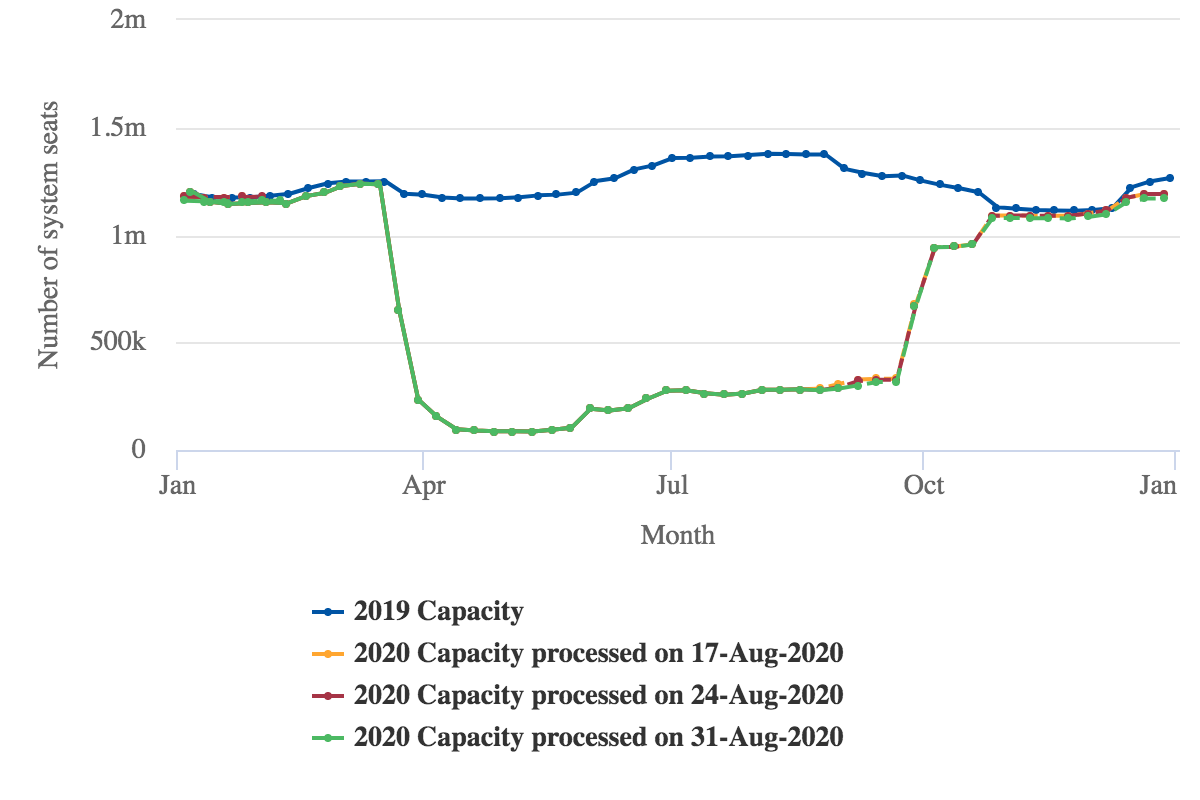
WestJet’s seat capacity for the same period has fallen by 76% year-on-year.
WestJet’s projected seat deployment: snapshots taken from 17-Aug-2020 to 31-Aug-2020
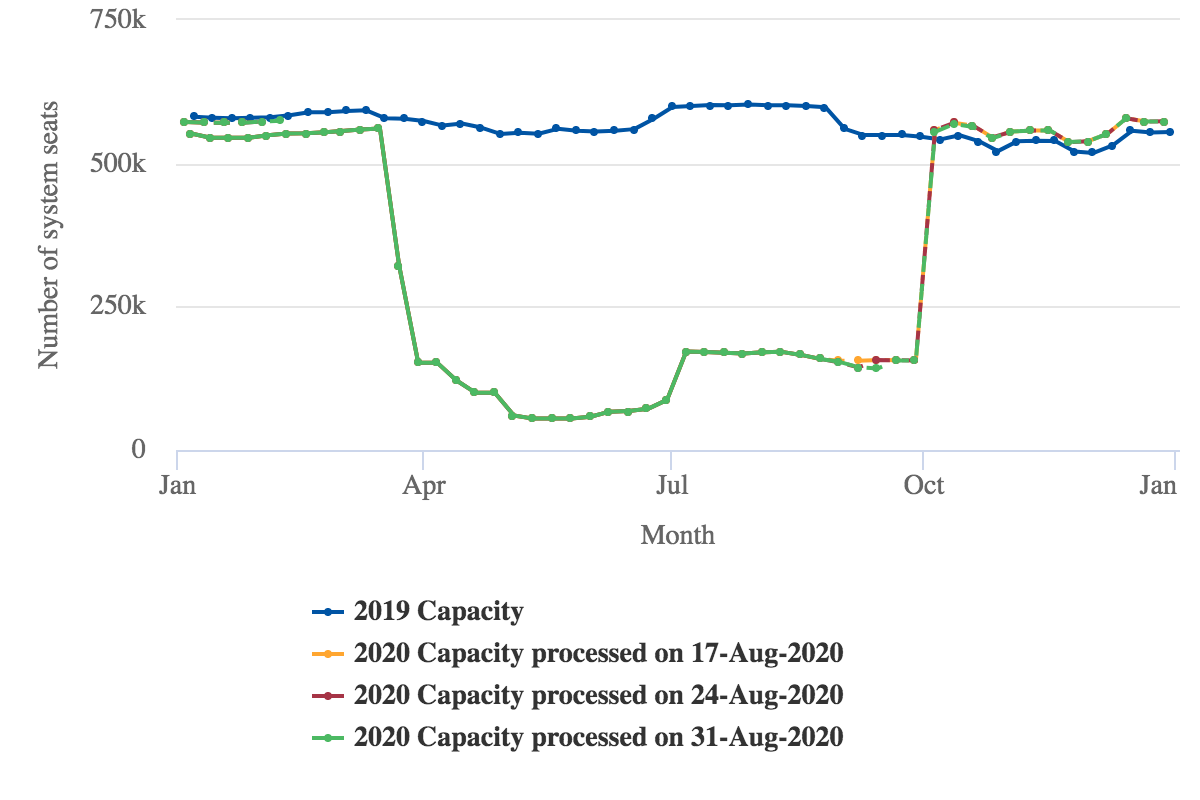
Canada’s airlines were recently dealt yet another challenge after the country’s air traffic services provider Nav Canada increased rates by nearly 30%. The increase was to meet minimum levels of revenue for fiscal 2021 to secure additional borrowings, to ensure that it has the necessary financial resources to weather the COVID-19 pandemic.
As a result of the increase, WestJet has stated it will increase passenger surcharges for air traffic control services between CAD4.00 and CAD7.00, depending on the duration of a flights. The airline also said that it was investigating an appeal of the increase in rates.
The increase in air navigation rates reflects the wide-ranging effects of the COVID-19 pandemic on the aviation industry, and WestJet has warned that burdening travellers that have been severely impacted by the pandemic with incremental costs will only serve to undermine Canada’s economy recovery.
Similarly to airlines worldwide, Canadian airlines are working to slash costs as a means to decrease daily cash burn, and getting to a near break-even level requires some movement in demand. Obviously, the increases in Nav Canada fees that are being passed along to passengers could force airlines to lower base fares even further in order to stimulate demand, which will affect the revenue necessary to reduce cash outflows.
WestJet is now privately owned, having been acquired by Onex in late 2019, so the airline does not have to discuss revenues or cash burn publicly, but the company is no doubt experiencing the same pressure as all airlines are in those metrics. And its warnings about how increased charges from Nav Canada will ultimately affect Canada’s economic recovery show that airlines can ill afford to pass along higher costs on to their customers, given that passenger levels have fallen significantly during the pandemic.
But as a private entity, Nav Canada also has certain financial obligations to meet, and WestJet has stated that it is sympathetic to the air services provider’s situation, where a lack of sector-specific federal support has hindered Nav Canada’s ability to recover.
The overall result is an aviation sector that continues to suffer, with little relief in sight.
Challenges continue to mount for Canada's airlines as they try to gain equilibrium
Canadian airlines continue to face significant uncertainty over an ill-timed increase in air traffic service fees and about when travel restrictions will be lifted.
Those factors are combining, and will potentially make an uneven recovery even more jagged.
More Travel News:
Overseas Adventure Travel reports solo travel demand for 2021
Bahamas Minister of Tourism presents forward looking tourism plan
Official reopening dates for all Blue Diamond Resorts
Porter Airlines updates restart date to November 12



